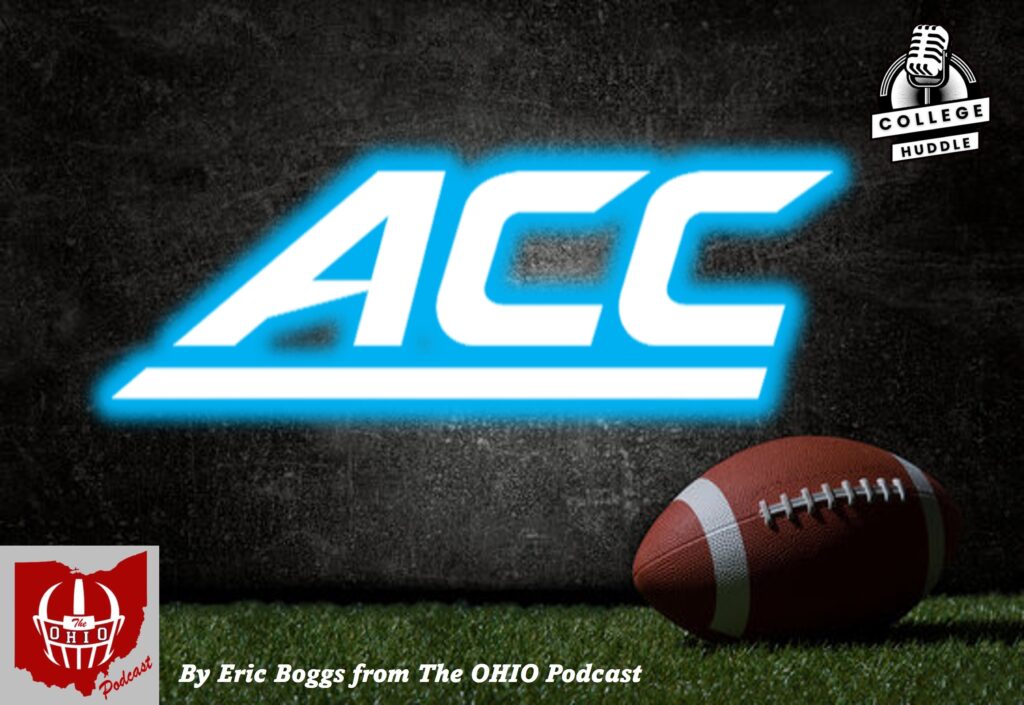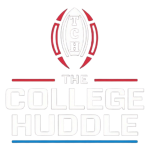
ACC North Carolina Law Makers
By Eric Boggs from The OHIO Podcast
Five lawsuits are currently progressing through the legal system, which could significantly impact the future of the ACC. To address potential ramifications on the state’s major public institutions and their football schedules, North Carolina’s House of Representatives, led by prominent Republican members, has introduced House Bill 965.
The bill proposes mandatory annual football matchups between the University of North Carolina (UNC) and North Carolina State University (NC State). Additionally, it requires both universities to schedule games against Appalachian State, Charlotte, or East Carolina every season. UNC and NC State would also be obliged to visit each of these schools at least once every six years.
The rationale behind the bill emphasizes the economic importance of sports tourism and intrastate collegiate athletics, highlighting their significant contribution to North Carolina’s economy. Proponents argue that fostering intrastate athletic rivalries can stimulate economic development.
The recent history of matchups between these universities provides context for the proposed legislation. UNC and App State have engaged in a series of closely contested games, with the most recent encounters resulting in narrow victories for UNC. However, UNC’s head coach, Mack Brown, expressed reluctance to continue playing against App State due to the perceived pressure on his team.
Similarly, NC State has faced challenges against East Carolina, including a narrow victory in their last meeting. The Wolfpack’s historical matchups against App State have primarily occurred in Raleigh, with limited recent encounters.
While NC State has future games scheduled against App State, Charlotte, and ECU, UNC’s schedule beyond 2025 is less defined. The bill’s authors acknowledge that its primary purpose is to encourage compliance rather than enact enforceable laws. Rep. Jason Saine emphasized that the bill serves as a message to universities regarding fan preferences and expectations.
The response from university officials and coaches, particularly those at UNC, will be closely observed as the bill progresses through the legislative process.





